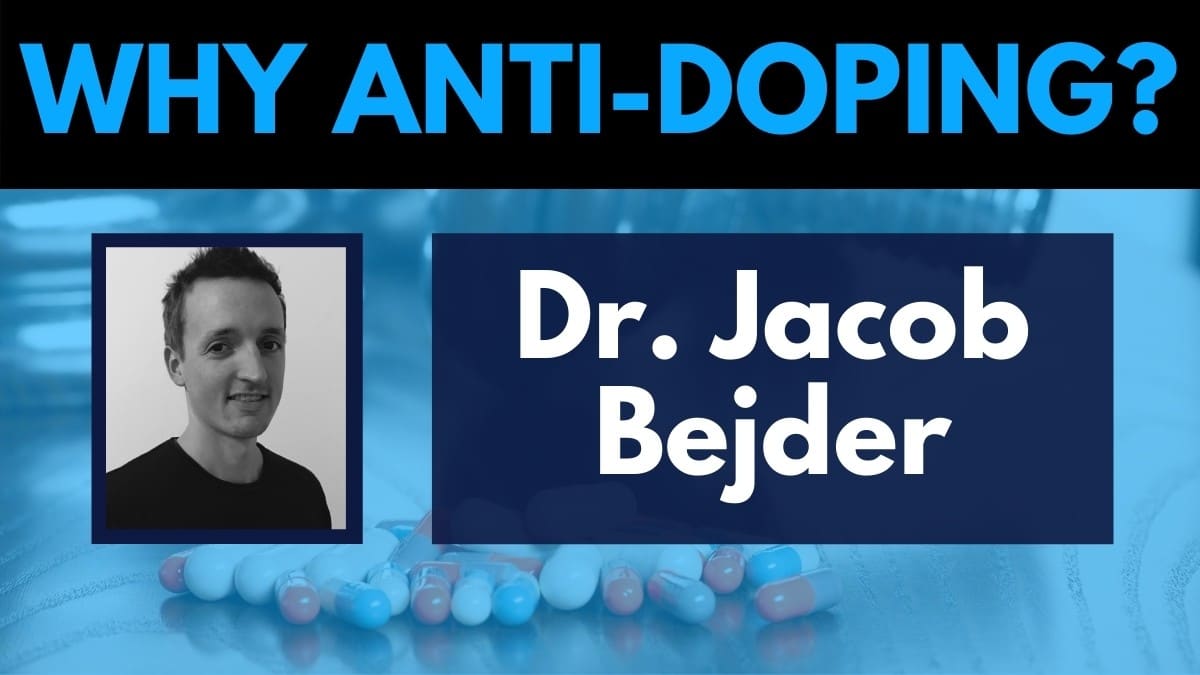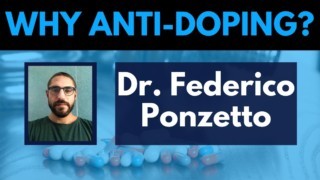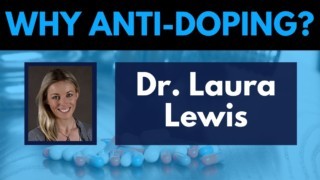Clean sport research can be incredibly rewarding, but you don’t have to take the Partnership for Clean Competition’s word for it. Researchers in the anti-doping space bring a lot of passion to their work. We decided to let them explain what makes the field so compelling in their own words.
Dr. Jacob Bejder is a Postdoctoral Research Fellow at the Department of Nutrition, Exercise and Sports, University of Copenhagen, Denmark.
How would you describe your work to someone unfamiliar with the field?
I am working with human physiology in the context of anti-doping. We perform human trials with the primary aim of investigating the effect of different blood volume manipulation strategies (e.g. blood transfusions or EPO injections) on exercise performance and develop detection models for the same.
Why are you drawn to anti-doping?
I am a human physiologist in exercise and sport sciences. Anti-doping science covers a broad range of research topics, and I find that the mix of hematology, exercise performance, and individual differences in human physiology is unique and highly interesting.
Why should scientists in related fields take a look at contributing to anti-doping?
One trait of anti-doping science is the potential to have immediate impact. If you have the right idea, your research may provide a meaningful difference for the world of sports and protect the health of athletes as well as the integrity of sports.
Would you like to help spread the word about anti-doping research by answering these questions for our next post? Know someone you’d like to hear these answers from? Tweet at @PCCAntiDoping or email Communications Director David Kumbroch at dkumbroch@cleancompetition.org to nominate someone.




